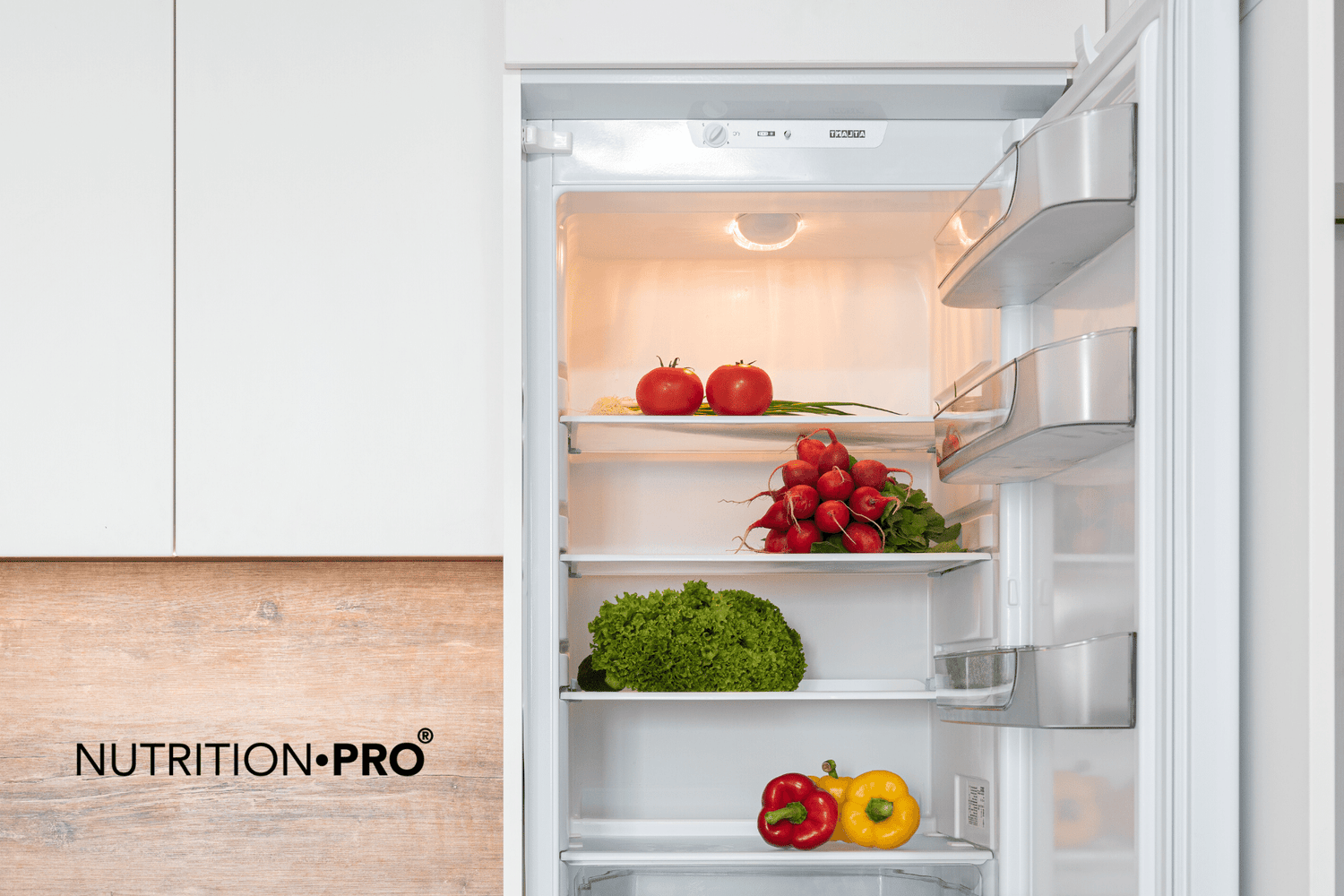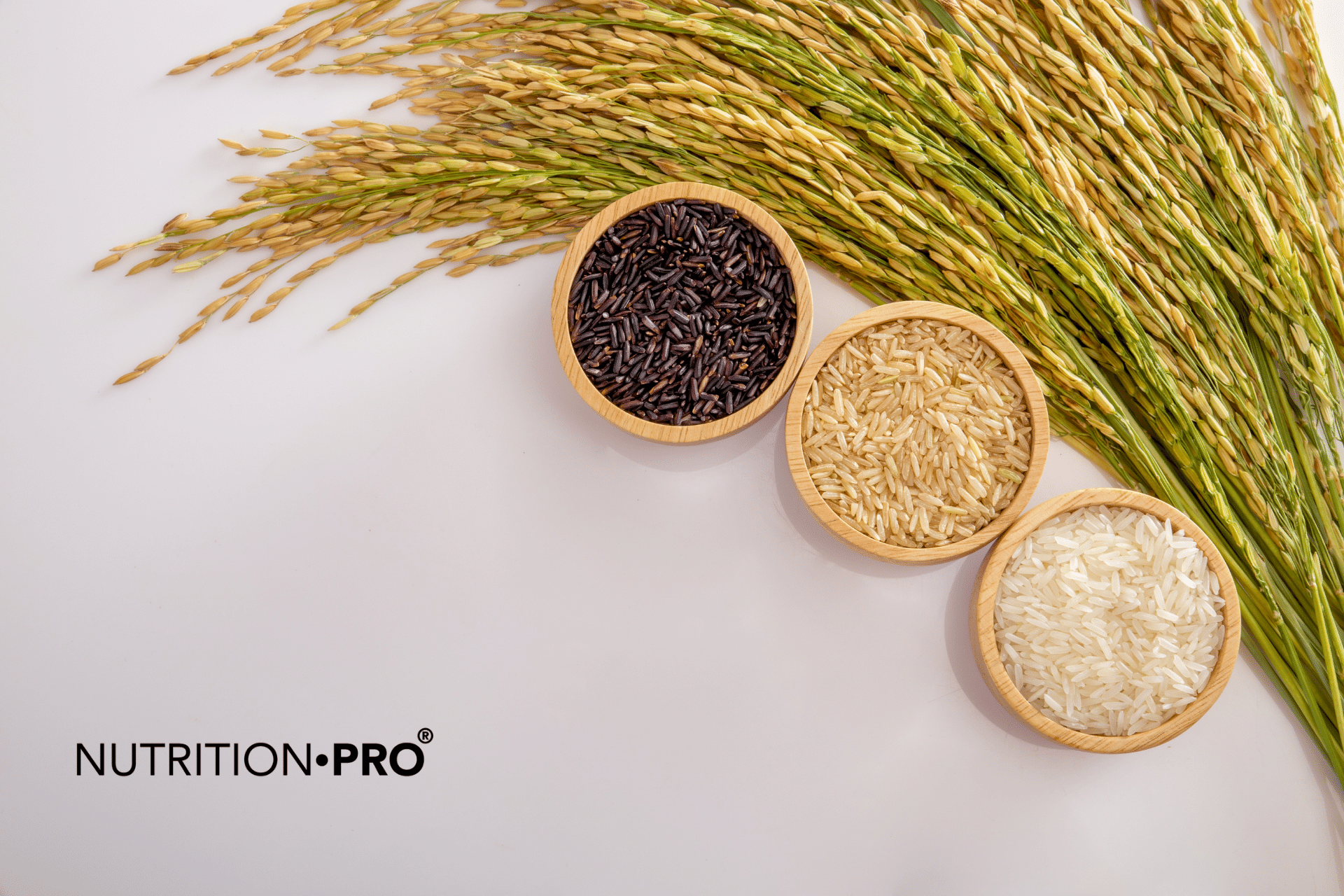Is your fridge frequently so full that you can't actually see everything in it? There is a good chance that there is stored food that is not in its place.
Many people think that keeping all food cold is a good thing. Unfortunately, this is not the case for everyone.
Storing food properly can help reduce food waste.
Here are 10 foods that should not be put in the fridge and why:
1. Potatoes
Ideally, potatoes should be stored in paper or mesh bags in a cool, dry place.
Storing potatoes in the fridge will cause the starch to turn into sugar, your potatoes will taste sweet and discolour when cooked.
2. Onions
Onions should not be stored in the refrigerator as the moisture will soften them. Prefer a dry and well ventilated and possibly dark place to avoid any germinations .
3. Tomatoes
Storing tomatoes in the fridge damages the inner membrane of the tomato, which affects the taste and flavor.
Chilled tomatoes taste a bit runny and unripe. Keep them in a bowl or basket on your counter. They will ripen and gain in flavor.
4. Garlic
Store garlic in a dry place. Storing them in the fridge will cause them to germinate and become rubbery.
5. Bread
Surprisingly, some people keep their bread in the refrigerator. But putting bread in the fridge will make it tough.
6. Honey
7. Lawyers
Leave your avocados outdoors, putting them in the fridge will hinder their ripening process.
Good to know, storing avocados near bananas will speed up their ripening process (bananas release more ethylene gas which aids ripening).
8. Bananas
If you bought bananas that will still ripen, do not put them in the refrigerator.
Cold temperatures will make them soft and black because bananas have no natural defense against the cold. However, ripe bananas are safe in the refrigerator.
9. Melons
Storing your melons whole in the fridge can have a detrimental effect on their nutritional value.
Melons are best kept outdoors. However, you can wrap your melon slices in cling film or an airtight container and refrigerate them.
10. Olive oil
Olive oil stored in the refrigerator will condense and become a hard, butter-like consistency.
Like all other oils, olive oil should be stored in a dry, low-light place.















